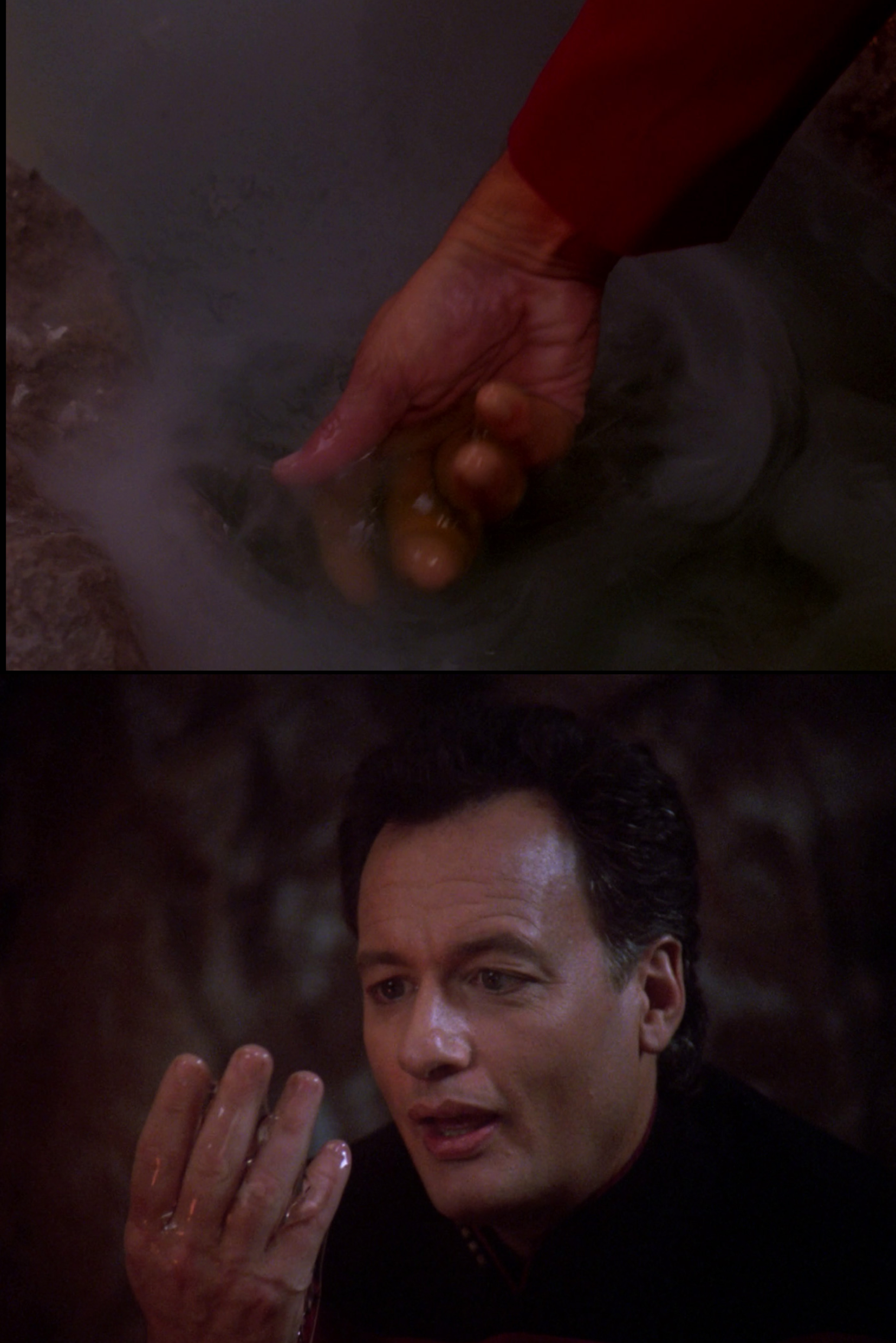That they say it existed in the middle Hadean is striking. It was grabbing a toehold even when our world was a literal hellscape.
I think it increasingly likely that DNA first formed in space when the ambient temperature of the universe allowed liquid water. How else does a LUCA appear as if life on earth was a fait accompli, in the wake of a collision with another planet no less.
Edit: probably not

